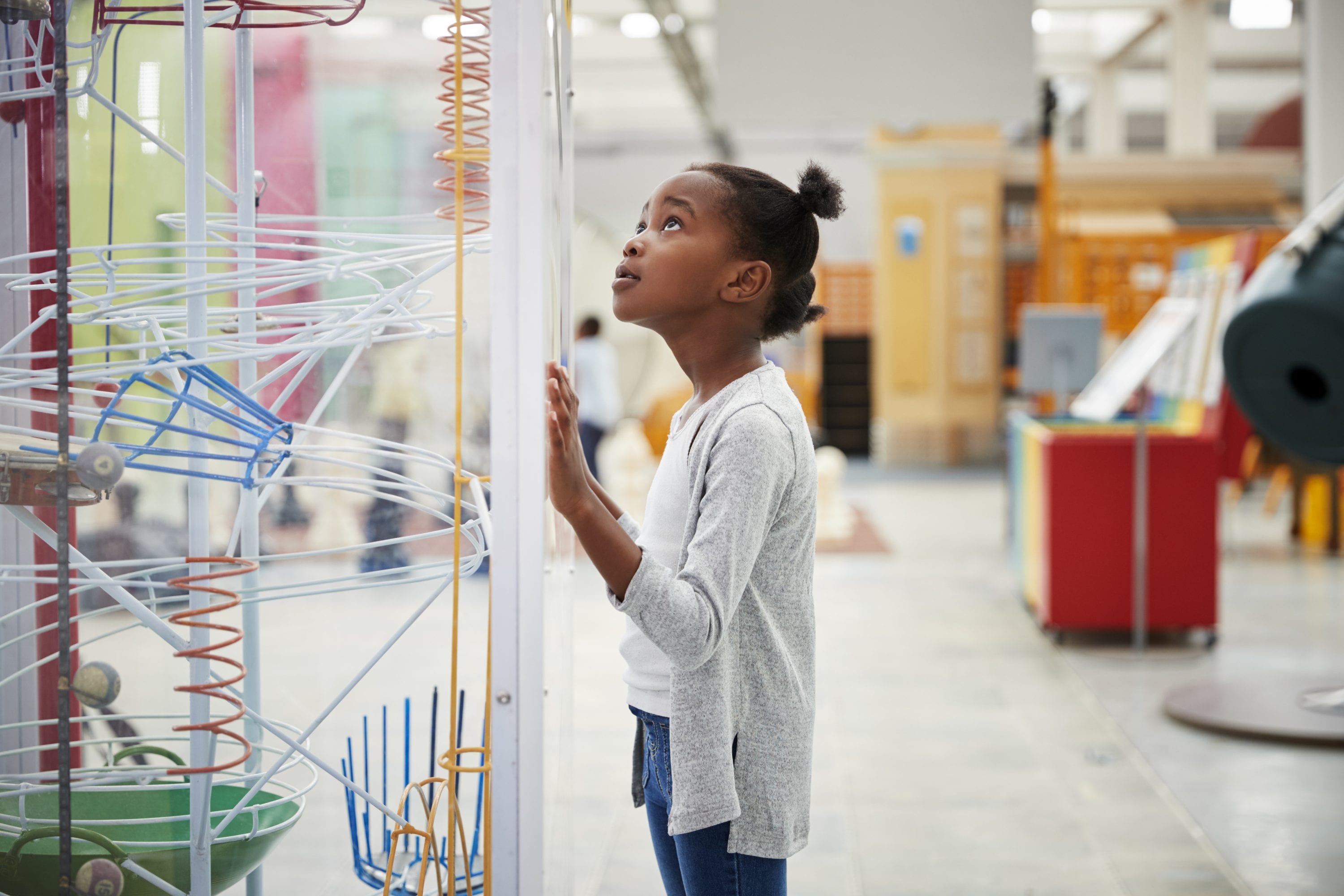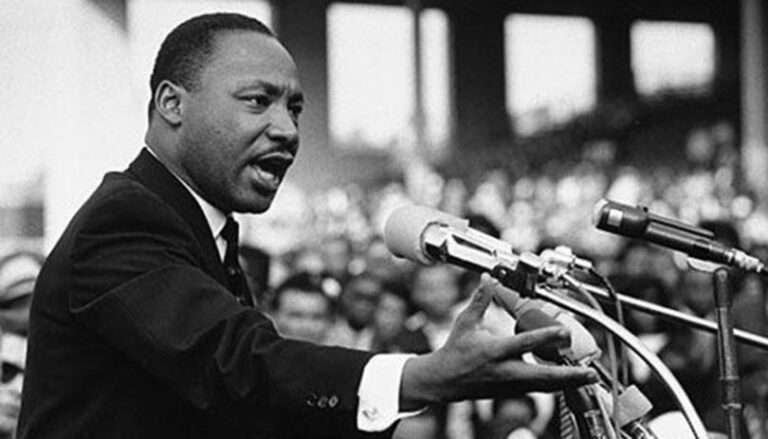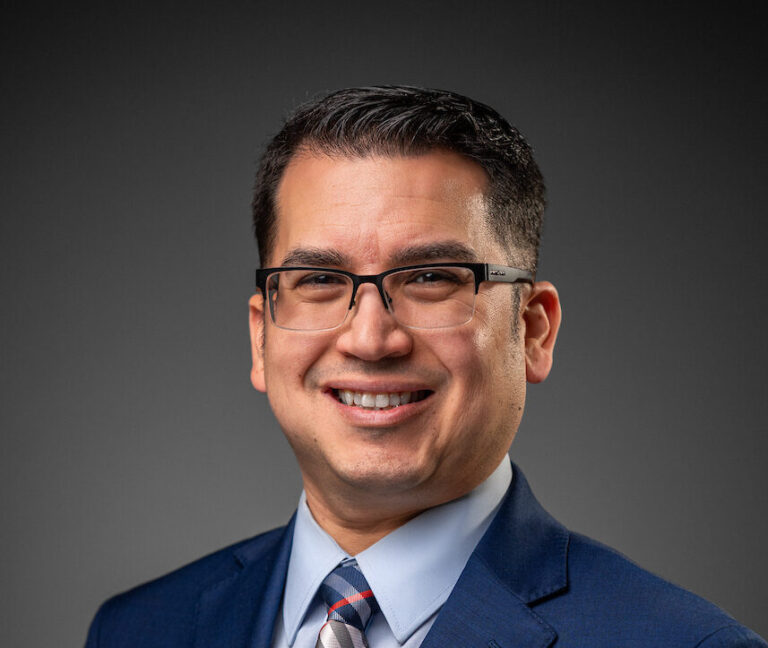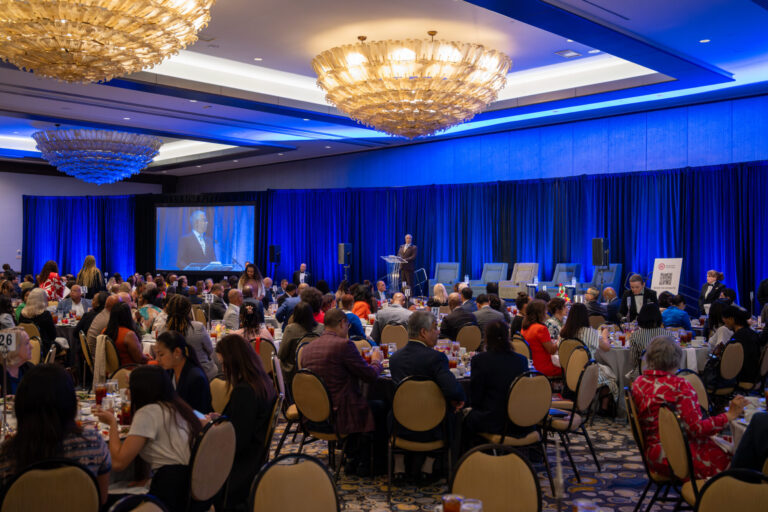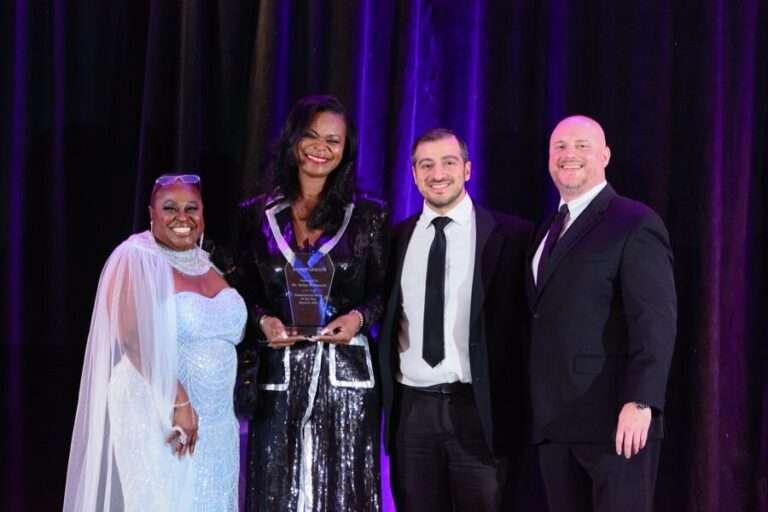(BPT) – Math, science, history and … coding? For today’s students, learning how to code is becoming just as important as learning how to read. The Bureau of Labor Statistics says computer science is the fastest growing profession within the science, technology, engineering and math (STEM) field. They also project that, by 2020, there will be 1.4 million computer science-related jobs available and only 400,000 computer science graduates with the skills to apply for those jobs.
Historically, access to computer science education and skills training has been absent in the curriculum for many underrepresented and underserved communities, despite research showing that exposure to these subjects at a young age makes students more likely to pursue computer science in college. The new childhood-to-career program, Amazon Future Engineer, is working to change that in a four-step process to ensure access for all students and inspire more than 10 million kids to explore computer science.
K-8:
Amazon Future Engineer recognizes that it’s never too early to introduce computer science to students and begin fostering an interest in the field. The program has after-school computer science workshops, coding camps hosted at schools and various locations, and online computer science courses like Coding with Kids and Code.org’s Hour of Code: Dance Party – all designed to encourage students to explore computer science.
“Without Amazon Future Engineer funding this coding camp, my son would not have had such a wonderful opportunity because I simply could not afford it,” explained Kelly Garcia, whose son Pierce attended a Coding with Kids camp in Seattle, Washington.
High school:
The vast majority of public elementary and high schools, particularly in low-income communities, do not offer computer science classes. Each year, Amazon Future Engineer provides 2,000 schools across the country (totaling about 100,000 students) with Intro to Computer Science and AP Computer Science classes through trusted curriculum providers. All students participating in this program also receive a free membership to AWS Educate, which provides them with free access to computing power in the AWS Cloud for their coding projects, and content to learn about cloud computing.
Jennifer Tulipano, a teacher who is using the course in her classroom at Monsignor Scanlan High School in the Bronx says, “It’s exciting to see the significant increase in my students’ creativity, logical thinking skills and confidence levels, since learning to code, and there is no doubt in my mind that we have paved the way for them to head down very successful career paths in the field of computer science. I truly believe our students, particularly our female students, have been empowered by the computer science courses being offered to us through Amazon Future Engineer.”
College scholarship:
As students head off to college, Amazon Future Engineer continues to offer new resources to support their continued education in the field. The program provides 100 students from underrepresented and underserved communities committed to studying computer science in college with a $40,000 college scholarship – $10,000 per year. For many students, this financial aid is the catalyst that allows them to pursue post-secondary education and a career in computer science. “This scholarship is very important because it means when I go to college, I won’t have to constantly worry about money,” said scholarship recipient Leo Jean Baptiste, from Orange High School in Orange, New Jersey.
Internship:
Amazon Future Engineer also offers the 100 scholarship recipients a guaranteed, paid summer internship after their first year of college. Interns partner closely with a technical mentor and manager, as well as their fellow interns, to innovate and create on behalf of Amazon customers.
“As an Amazon Future Engineer intern, I not only witnessed but was immersed in what it’s like to be a software development engineer,” explained Nari Johnson, a sophomore at Harvard University studying computer science. “I left my internship feeling more confident in my ability to transform a vision for a service or product into reality. As a woman in computer science, Amazon’s commitment to diversity and early computer science education has been especially meaningful to me.”
Students, teachers, school administrators, and parents can learn more and apply at www.amazonfutureengineer.com


